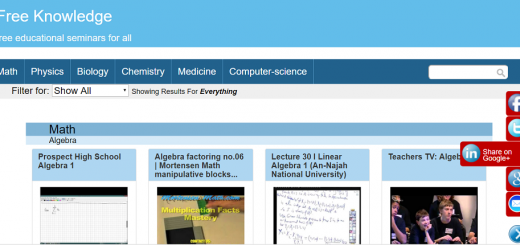The AI Paradox
If at some point AI is so smart that it would be capable of everything, would it be able to create a task so complex that even the AI will not be able to complete?
Well every philosophy student knows this paradox: if the answer is “yes”, then it means that AI is not capable of everything, because it won’t be able to compete the task it created, and if the answer is “no” then de-facto it is not capable of everything.
However, this paradox actually has a practical, real-life business implication: we do not want AI that is capable of doing everything, because If we have an AI that can solve all problems, then theoretically, we wouldn’t have any problems left to solve, rendering the AI obsolete. Sounds counterintuitive? Consider this: the ultimate AI, capable of addressing and resolving every conceivable issue, would create a scenario where its very purpose is self-cancelling. Once all problems are solved, what remains for such an AI to do? This conundrum not only highlights the limitations of creating a universally capable AI but also stresses the importance of balance in technological advancements. We need AI to tackle complex, evolving problems—not to eliminate the need for problem-solving itself, which is essential for progress and innovation. This paradox serves as a reminder that the goal of AI development should not be to create an omnipotent solution but rather a tool that complements human ingenuity and adapts to new challenges as they arise. Such a balance ensures that AI remains relevant and useful, rather than a one-time phenomenon that outlives its utility once all challenges are met.
——————————–
Eran Ben-Shahar is a Sydney based experienced IT/AI Startups CTO, Solution Architect and Team Leaders. Except several successful businesses I served 7 years for NEw Zealand Transport Agency as a senior enterprise application specialists and 2 years at New Zealand Parliament as a senior Business Analyst. I currently look for an interesting hybrid role.



